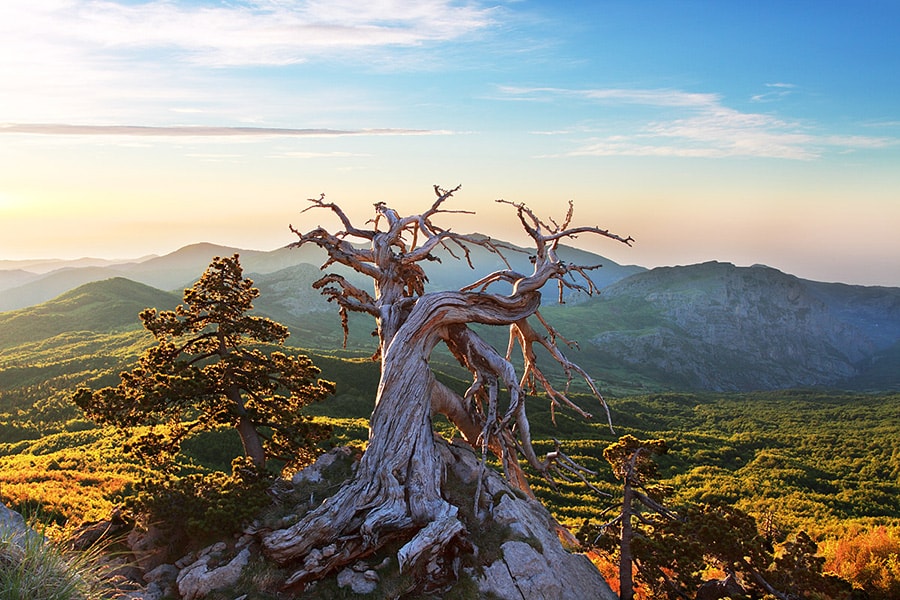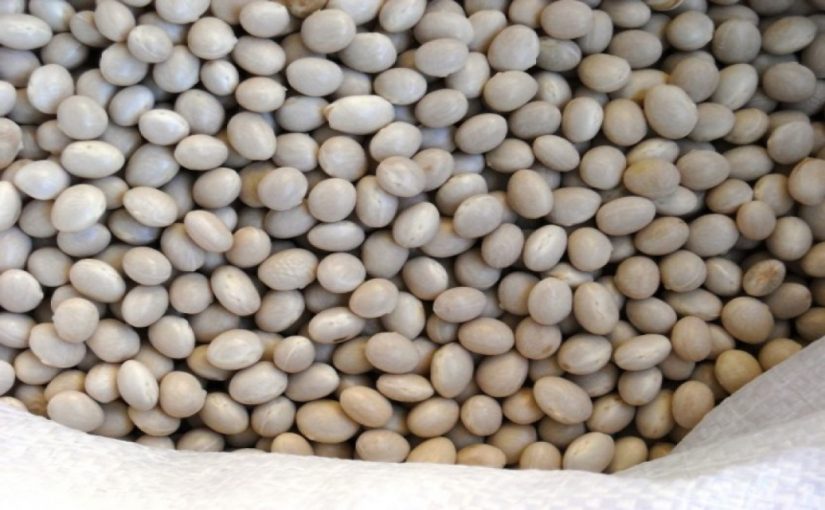8.8.2019
In 2019 the municipalities of Mormanno, Laino Castello and Laino Borgo, in association, have decided to establish a special certification of origin of a local food, the so called “Poverello Bianco”, a white Bean, cultivated on the hills of Pollino. This certification is a Municipal Denomination (the so called “De.Co.”).
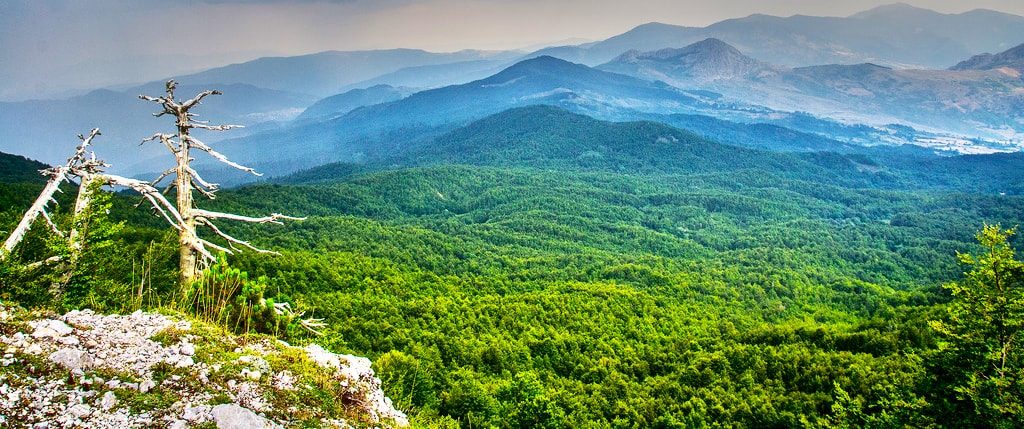
It is one of the few cases in which neighboring municipalities recognize a single De.Co.
The regional authority ARSAC contributed to this important recognition, offering the necessary collaboration to the three Municipalities with meetings between farmers, producers and sitributors, with the preparation of production disciplinary.
BOTANIC FEATURES
The white “Poverello” bean is a local ecotype of Phaseolus vulgaris L., which is cultivated in the territory of the Pollino National Park, in the irrigated areas of the three Municipalities of the Province of Cosenza.
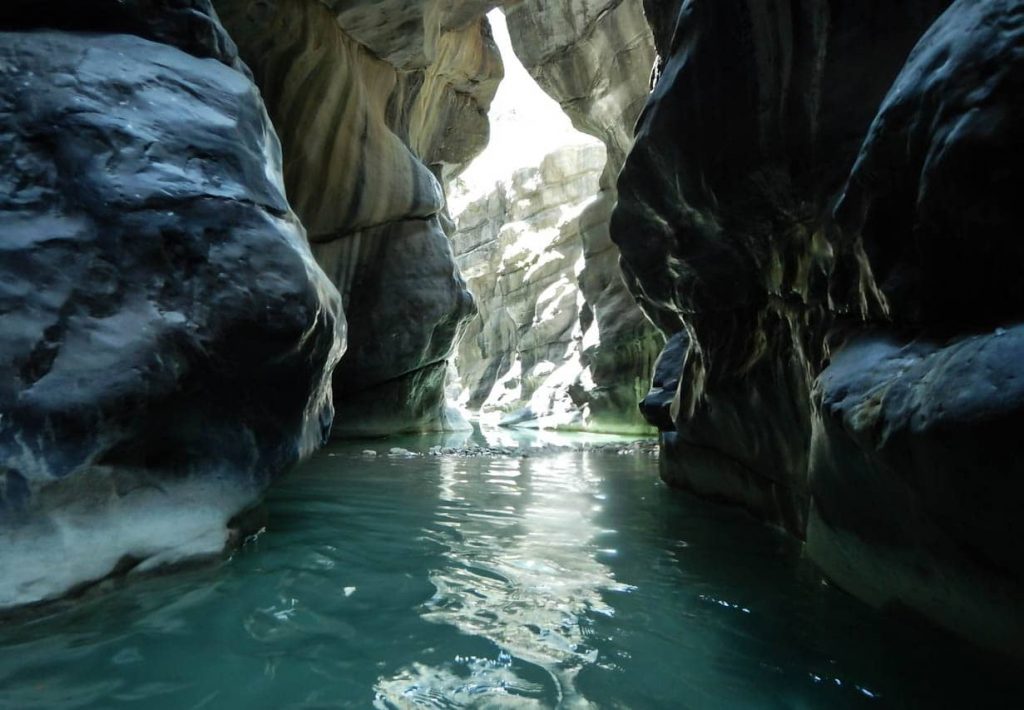
Qualitatively it is characterized by a large oval-shaped white seed, without mottling, with a low percentage of integument and a reduced cooking time. It has a high protein content on average of about 26% and high values of sulfur proteins.
The cultivation of this bean, like all legumes, also has a great environmental value due to the type of root which, penetrating deeply, maintains a good soil structure also preserving it from erosion (such kind of soil protection in Calabria is highly recommended).
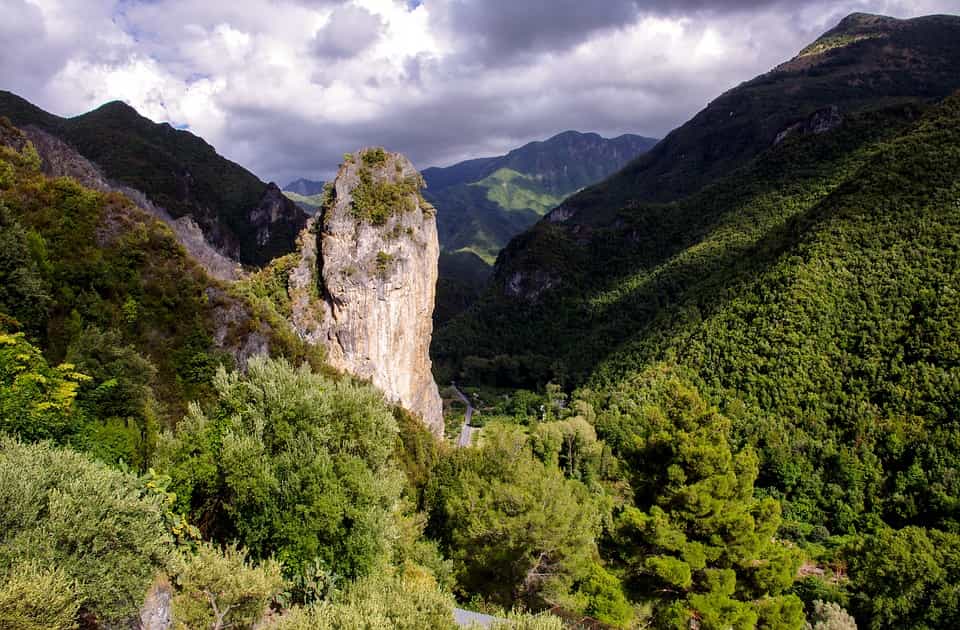
The roots also develop tubercles as a result of the symbiotic relationship with the bacteria of the genus Rhizobium, which are able to fix atmospheric gaseous nitrogen transforming it into nitric and ammoniacal forms easily assimilated by plants and providing a fair amount of nitrogen in the ground.
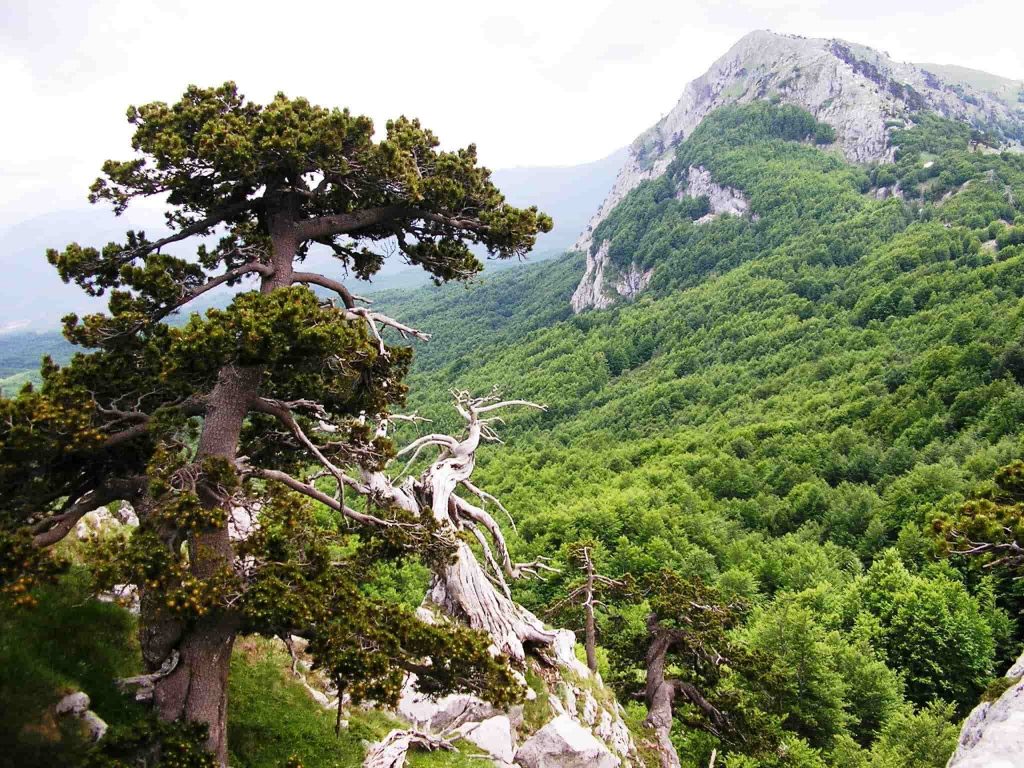
For these reasons, in crop rotations, the cultivation of the white poverello bean, like all legumes, is considered very useful to improve the physico-chemical conditions of the soil.
INITIATIVES TO RELAUNCH THIS PRECIOUS FOOD
Since the beginning of the 90s of the last century various initiatives have carried out to the aim of relaunching the white “Poverello” bean, determining a greater interest on the part of producers and consumers and a consequent increase in cultivated area.
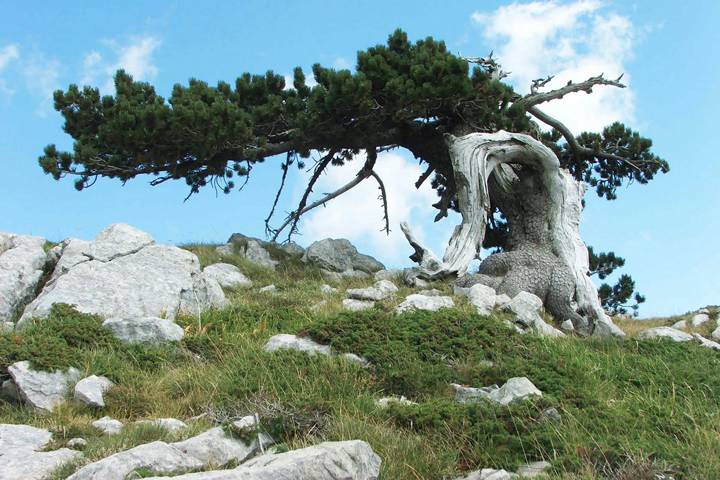
The recent investigation in 2019, in order to ascertain the qualitative characterization of its crop, was conducted by the Agricultural Dissemination Center (Ce.D.A.) n. 2 of the ARSAC of Castrovillari (CS). In collaboration with prestigious research institutions such as the Institute of Biosciences and Bioresources of the CNR of Bari, and the CREA-Research Center for Horticulture in Pontecagnano (SA), the Mediterranean Unversity of Reggio Calabria, and the ENEA.
In all these years, as well as assisting the producers individually, the Technicians have carried out surveys on the agronomic technique, the defense against pests and the quality of the crop by publishing the data in prestigious national and international journals and in acts of conferences.
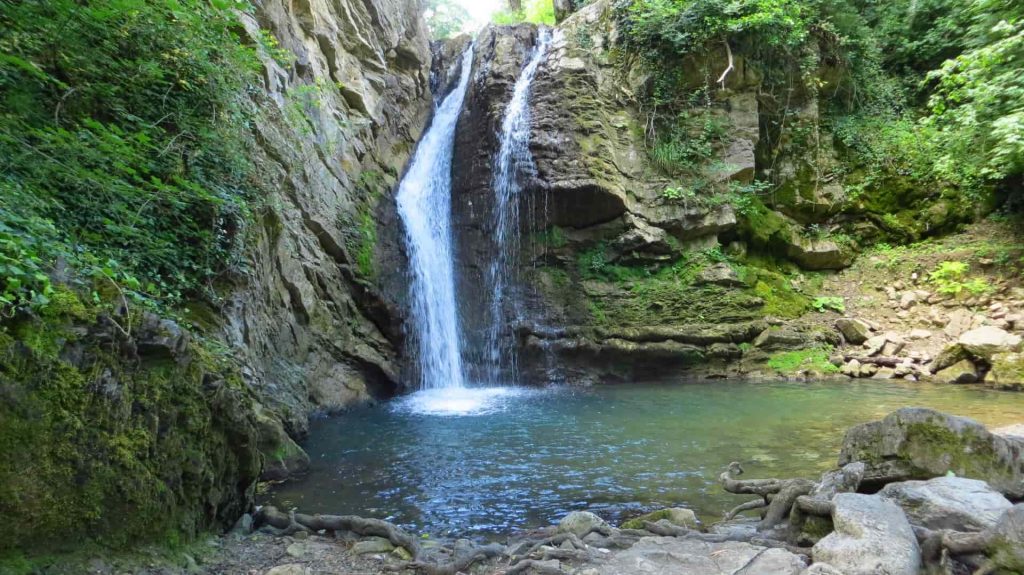
The experts even more recently has held seminars attended by young entrepreneurs and concerning both this ecotype and the typical and quality horticulture of the Pollino, leading to the establishment of a cooperative called “Pollino Food Experience“.
THE CULTIVAR
The sowing of this bean is carried out within the first half of June while the harvest takes place by October. As in the tradition, the cultivation technique excludes the use of synthetic chemicals. The product is sold both in bulk and in vacuum packs of 700 and 350 grams.
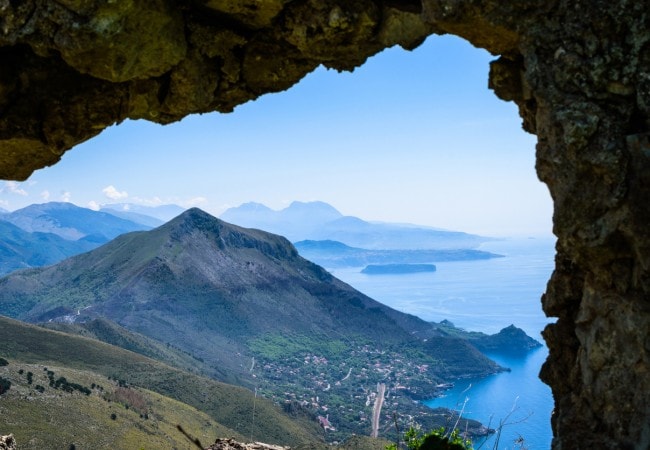
From an economic analysis of the cultivation of this ecotype of bean, it emerged that potentially on one hectare it is possible to obtain a production of about 13 quintals (equal to 1,300 kg) of dry product, which, at an average selling price of about 10 , 00 Euro per kg, would provide a Gross Salable Production (GSP) of about 13,000.00 Euro.
Considering that the explicit costs incurred for a production cycle are on average equal to 40% of the value of the GSP – and therefore of about € 5,200.00, a probable income of approximately € 8,000.00 per hectare is calculated.
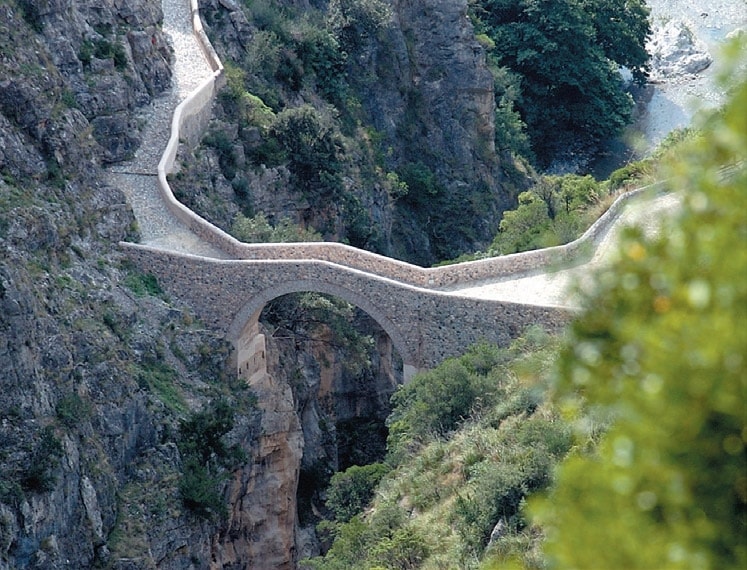
An added value derives from the use of this bean together with other excellent Calabrian products in local restaurants.
In conclusion, in light of the described characteristics and the recognition of the De.Co, this excellent product of our territory, as well as contributing to the further affirmation of a low environmental impact agriculture and to the protection of biodiversity, also represents another opportunity of income for the younger generation.
